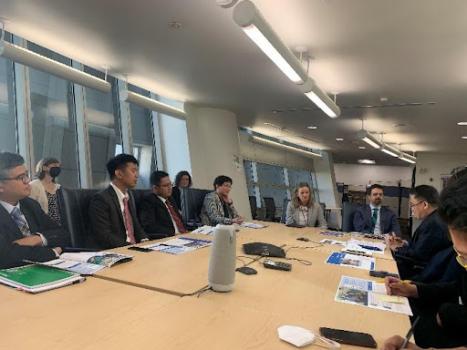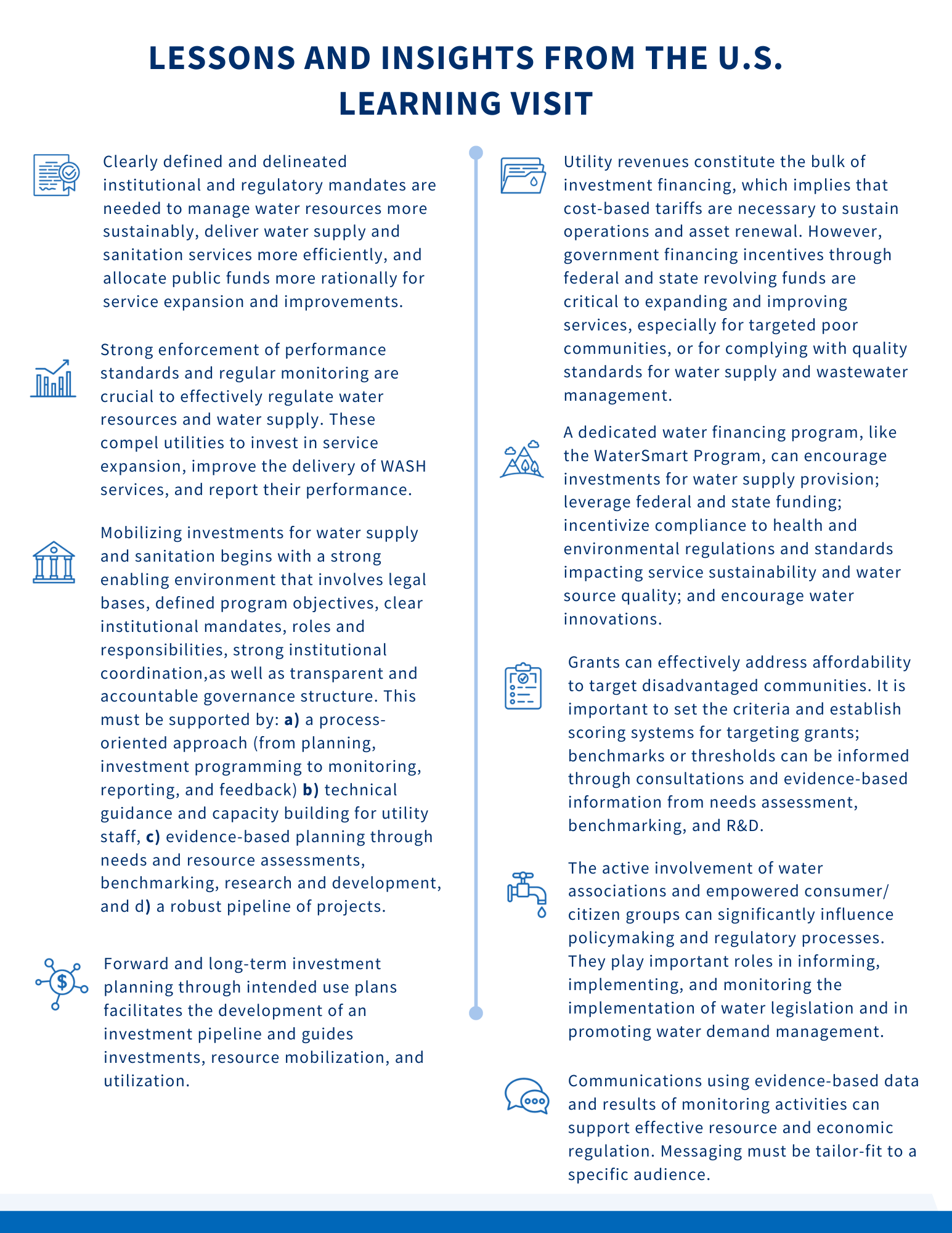Beyond Borders: How an exchange visit to the U.S. is shaping water and sanitation initiatives in the Philippines
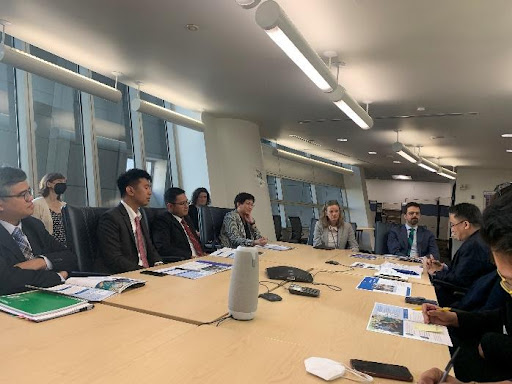
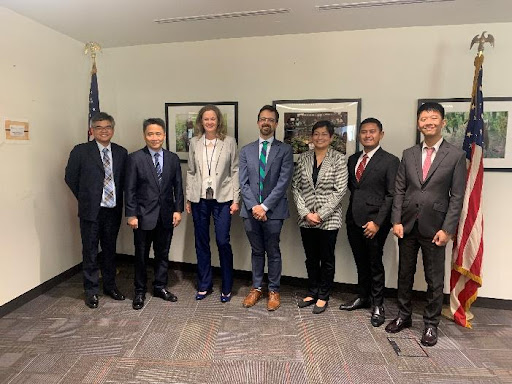
Photo Credits: USAID/Philippines Safe Water Activity
Strong governance and regulation is essential to a country’s ability to manage water resources and provide clean drinking water and sanitation services for its population. In the Philippines, addressing these challenges is a cornerstone of the country’s efforts to achieve the UN’s Sustainable Development Goal number six, ensuring universal access to safe water supply and sanitation services by 2030.
This past spring, USAID welcomed a delegation of Philippine government officials from legislative and executive agencies on a learning visit to examine the governance, regulatory, and financing structures of the U.S. water sector. The Philippines’ National Economic and Development Authority (NEDA), with support from USAID, organized the visit to gain new insights to inform and advance water sector reforms in the Philippines.
In April, the delegation met with federal and state government agencies, such as the U.S. Environment Planning Agency, Department of Interior, Bureau of Reclamation and the Maryland Department of Environment, learning about using federal funds to improve water supply and sanitation services. The delegation visited public and private utilities, the Baltimore City Department of Public Works, and Fairfax Water Utility to see on-the-ground water utility operations and learn how financing is marshalled. The delegation also engaged industry associations such as the American Water Works Association and the National Association of Clean Water Agencies to learn more about their role in capacity development for water utilities and legislative advocacy.
These exchanges highlighted a number of lessons that are now (see exhibit below) informing and reinforcing the current Marcos administration’s work and advocacy, particularly its efforts to establish the Department of Water Resources (DWR) and the Water Regulatory Commission (WRC). The establishment of the DWR and WRC aims to address institutional fragmentation and strengthen planning and regulation within the sector, increase national budget for water supply and sanitation and water resource management projects, rationalize water extraction fees and tariffs for service provision, and adopt utility reforms.
NEDA’s Assistant Secretary and Delegation Lead Roderick Planta said,“The Philippine Government highly appreciates USAID’s support in organizing the U.S. learning visit and providing the opportunity to learn about the experiences of the US that will inform at least key three concerns in the country’s water reform agenda: institutional set up, regulations and financing. The knowledge gained from the visit is most valuable in pushing forward the country’s water sector reform agenda particularly in establishing structural, long-term reforms.”
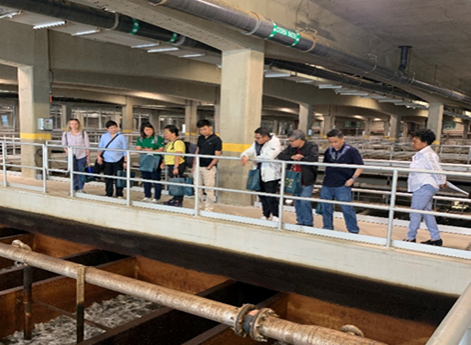
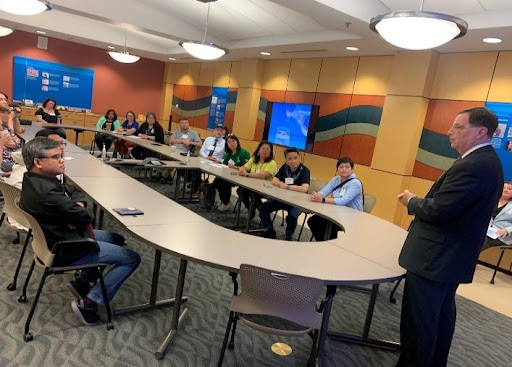
Photo Credits: USAID/Philippines Safe Water Activity
The Philippines’ recent experience demonstrates the value of a learning visit — generating new perspectives and ideas that bring reform efforts on better governance and regulation a step closer to the ultimate goal of safe water and sanitation for every household. It also speaks to more than fifteen years of partnership between USAID and the Government of the Philippines in the water sector [1]. This collaboration continues to date through USAID’s Safe Water project. In 2022, USAID doubled down on its commitment to supporting a water-secure future in the Philippines by selecting the country as a High-Priority Country under the 2022-2027 Global Water Strategy. In her remarks to the delegation, Maura Barry, then USAID Senior Deputy Assistant Administrator Bureau for Resilience and Food Security and Global Water Coordinator, said “As a designated High Priority Country, we are committed to matching your resolve to solve this crisis. With the release of the High Priority Country Plan later this spring, you’ll see how we envision our support to increase and sustain this progress.” [2]
[1] USAID supported the development of the Philippine Water Revolving Fund (PWRF) in 2006, which was also backed by a DCA guarantee to open the market to commercial lending to water service providers. The project was followed by Water Security for Resilient Economic Growth & Stability or Be Secure, WASHFIN and currently the Safe Water Activity.
[2] USAID Philippines released its High-Priority Country plan soon after the visit.
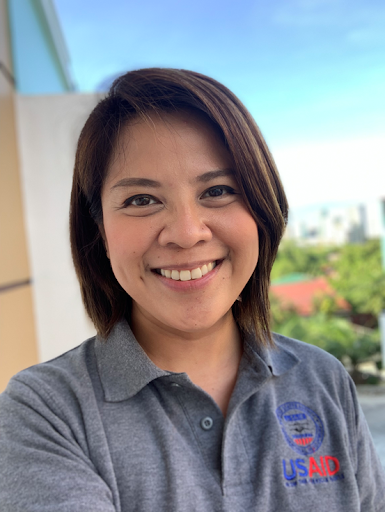
About The Author
Joanne Dulce
Development professional with over 20 years of experience working in the water, climate change and energy sectors in the Philippines. Presently, she serves as the WASH Lead for USAID/Philippines, managing projects that aim to improve water security and build climate resilience for vulnerable and underserved communities.
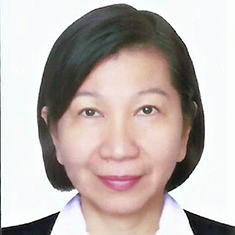
About The Author
Doreen Erfe
Currently the Resource Mobilization Specialist of the USAID Safe Water Project. She manages policy and governance-related initiatives of the Project focusing on financing and regulatory reforms in the water supply and sanitation sector and capacity-building activities to improve access of local government units and water service providers to financing. Prior to this, she served as Senior Policy and Institutional Development Specialist of the USAID- Philippine Water Revolving Fund Support Program and Senior Policy Development Specialist of its follow-on program.

